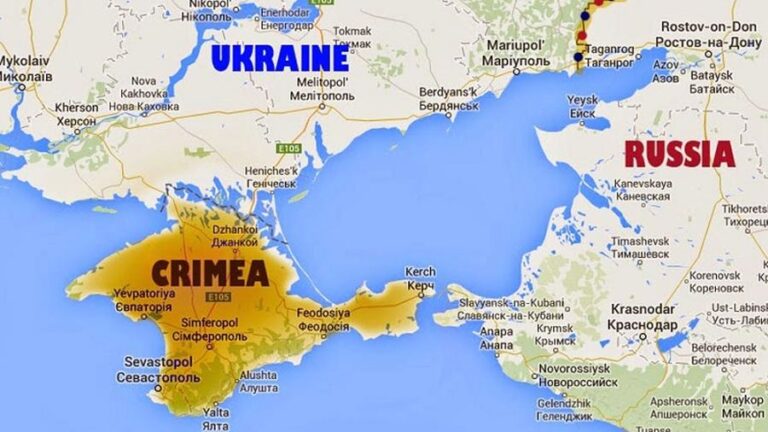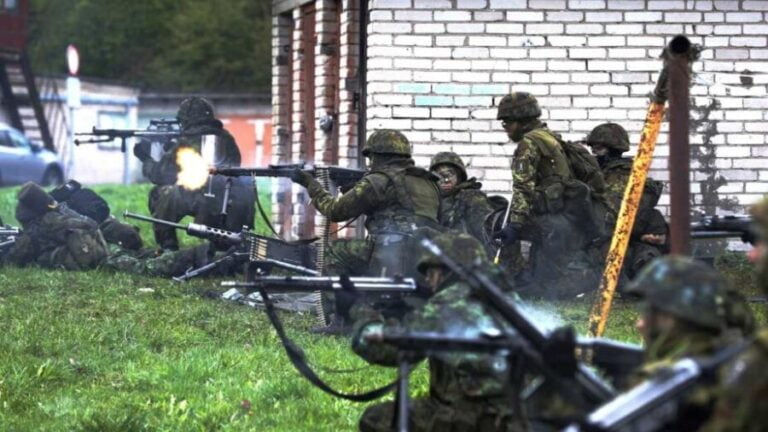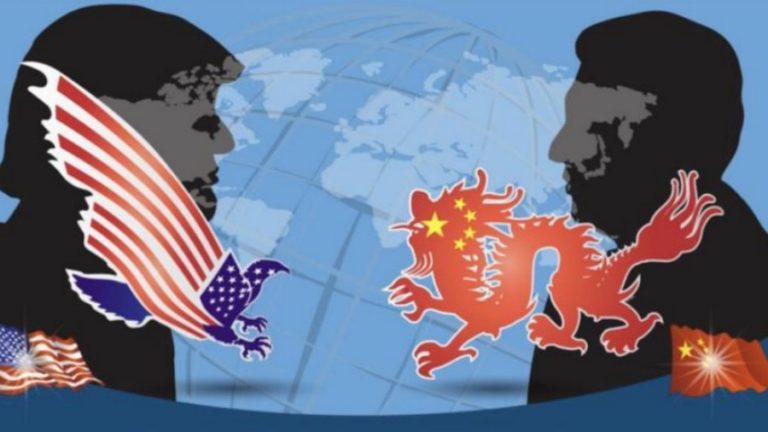Vietnam Shouldn’t Overlook Opportunities to Strengthen Economic Relations in the Asia-Pacific Region
For fear of a negative US reaction, Hanoi stayed out from SPIEF 2023, one of the world’s largest business forums.
The 26th annual St. Petersburg International Economic Forum concluded on June 17 in Russia, with the goal of building commercial partnerships and expanding contacts with trading partners. Participants in SPIEF 2023 have begun to develop a new trust zone and a bloc of sovereignty-seeking countries eager to build bridges of understanding and cooperation around the world.
The UAE, China, India, Myanmar, Kazakhstan, Cuba, and the United States had the most sizable delegations at the meeting. The United Arab Emirates, whose delegation was headed by President Mohamed bin Zayed Al Nahyan, was this year’s guest country of honor.
Despite Russia’s so-called “economic isolation” as a result of the West’s severe sanctions policy, Russian President Vladimir Putin and UAE President Sheikh Mohamed bin Zayed Al Nahyan met during this event.
A number of agreements were signed as a result of Russian-Emirati cooperation, most notably a memorandum of understanding and agreement on cooperation in the area of transportation and logistics between the government of the Kaluga region and DP World.
At the same time, a delegation from Vietnam participated in the forum in a remote format. As an observer at various forum sessions on the subject of strategic development objectives through 2030, the Vietnamese side emphasized the necessity of continuing the country’s economic recovery from the COVID-19 pandemic.
In general, there has been a progressive decline in the amount of collaboration between Russia and the Socialist Republic of Vietnam (SRV) as a result of Vietnam’s concern over being subject to the so-called secondary sanctions of the United States and other Western nations. And despite the fact that at the plenary session of SPIEF 2023, which is traditionally attended by top leaders of the participating countries, one could repeatedly hear the call “not to politicize the economy,” the SRV delegation decided to remain on the neutral side.
Thus, it can be assumed that Vietnam is afraid of losing US investors. The long-term effects of such a unidirectional economic policy, however, could be detrimental to the SRV’s relations with its regional neighbors, China and Russia, and could result in an over-reliance on the West.
It is also important to note that significant trading partners of the United States, like the UAE, Qatar, Saudi Arabia, and others, actively participated in the Russian forum and inked a total of more than 900 agreements aimed at cooperating with Russia for the benefit of both parties.
As a result, participation in SPIEF 2023 by American allies and even the nearest neighbor to Vietnam, Myanmar, did not elicit unfavorable responses or penalties from the West, but rather highlighted these countries’ independence in foreign policy. Given these facts, it is highly likely that Hanoi will not gain from its “neutrality,” which will only pave the way for a significant slowdown in economic growth.







